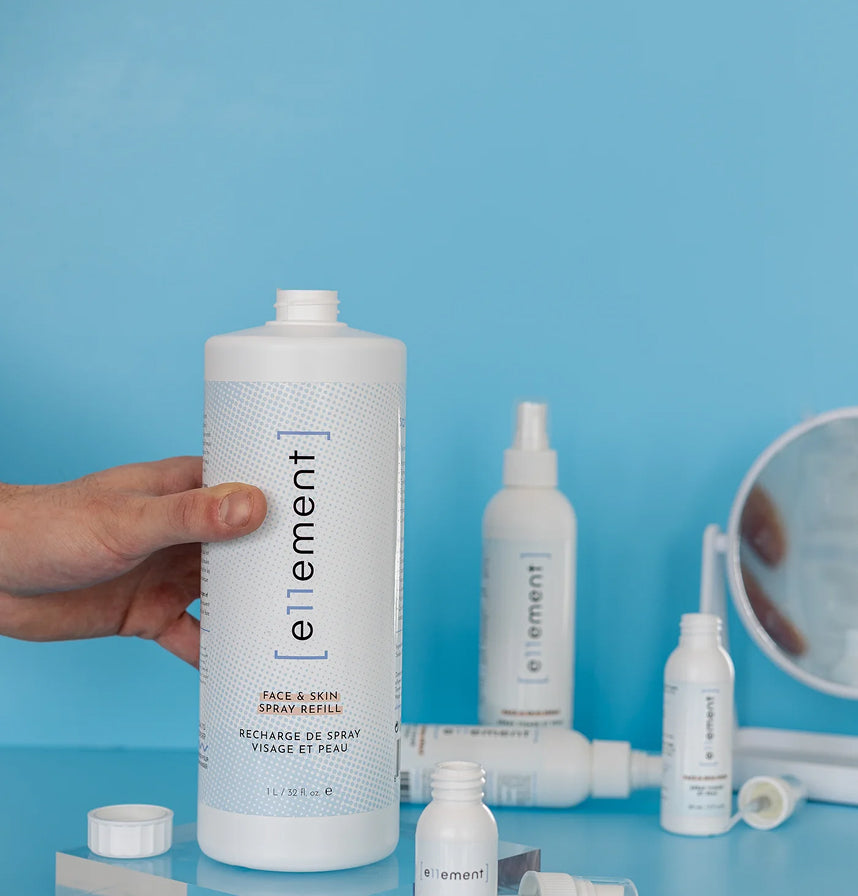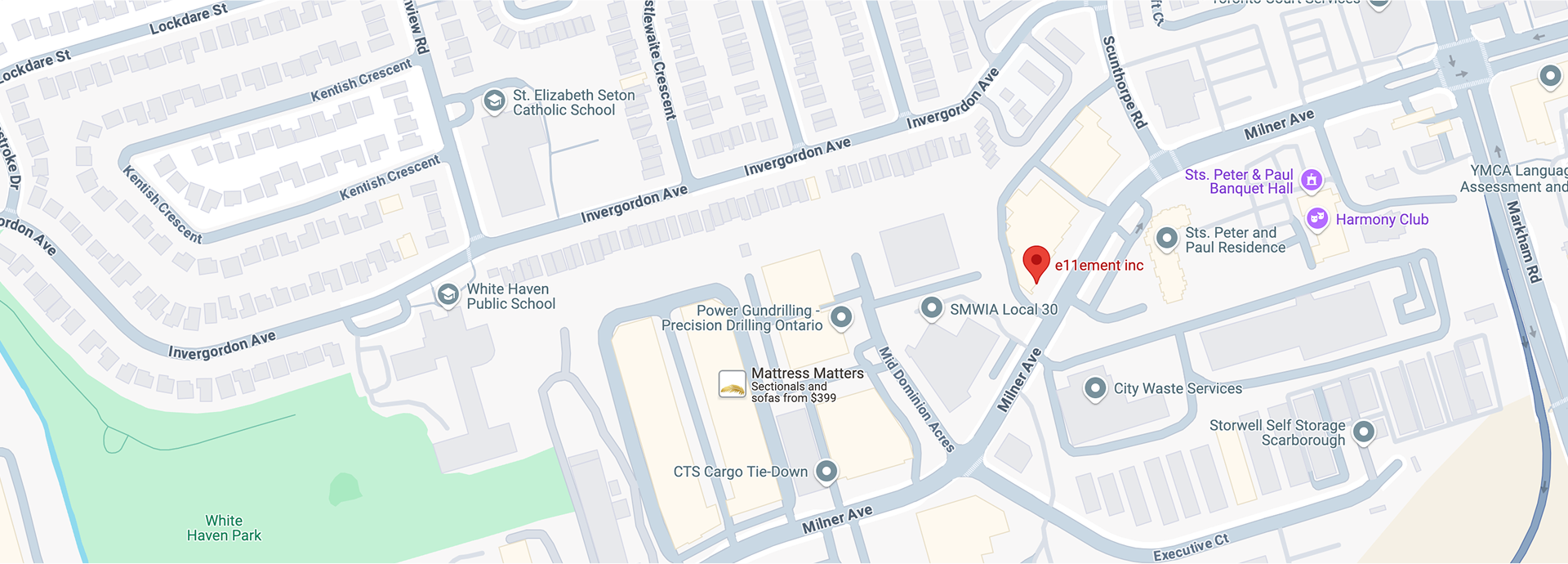Winter brings colder temperatures, shorter days, and an increased reliance on indoor environments. As we close windows to stay warm, air circulation decreases, leading to a buildup of contaminants that can impact air quality. This seasonal challenge raises questions about effective solutions to maintain a healthy indoor atmosphere. Hypochlorous acid (HOCl) has emerged as a potential game-changer, with its ability to disinfect and purify spaces while being safe and eco-friendly.
This article explores the role of hypochlorous acid in winter air quality, focusing on its uses and benefits, particularly through hypochlorous acid sprays.

What Is Hypochlorous Acid (HOCl)?
Hypochlorous acid is a naturally occurring compound produced by the human immune system to fight off harmful microorganisms. It is a weak acid formed when chlorine dissolves in water, existing in equilibrium with hypochlorite ions. While it is powerful enough to eliminate bacteria, viruses, and fungi, it is gentle on human skin and non-toxic to the environment.
In recent years, hypochlorous acid has been synthesized for various applications, including healthcare, food safety, and indoor air quality improvement.
Challenges of Winter Air Quality
Winter air quality is often compromised by several factors, including:
- Reduced Ventilation: Closed windows and doors trap pollutants indoors.
- Increased Humidity: Damp indoor conditions can encourage mold growth.
- Airborne Contaminants: Dust, allergens, and microbial particles build up in confined spaces.
- Heating Systems: Central heating can circulate pollutants like dust and pet dander.
These factors create an environment ripe for the spread of respiratory infections and allergies. Addressing these issues requires innovative solutions like hypochlorous acid sprays.
How Hypochlorous Acid Improves Air Quality
1. Natural Disinfection
Hypochlorous acid acts as a natural disinfectant, neutralizing harmful microorganisms such as bacteria and viruses. Unlike harsh chemicals, it is safe for regular use in homes, offices, and public spaces.
2. Mold and Allergen Control
During winter, mold spores and allergens often accumulate in damp areas. Hypochlorous acid effectively eliminates mold growth and neutralizes allergens, creating a cleaner indoor environment.
3. Odor Elimination
Stagnant air and limited ventilation can lead to unpleasant odors indoors. Hypochlorous acid breaks down odor-causing molecules, ensuring fresher air quality.
4. Eco-Friendly and Non-Toxic
HOCl is environmentally safe and decomposes into harmless substances, making it ideal for those seeking sustainable air quality solutions.
Applications of Hypochlorous Acid Spray in Winter
1. Air Purification
Using hypochlorous acid spray in air purifiers or misting systems can directly target airborne pathogens and contaminants. Regular use can significantly enhance the quality of indoor air during winter.
2. Surface Disinfection
HOCl spray is effective on high-touch surfaces like doorknobs, countertops, and light switches, ensuring a germ-free environment.
3. Personal Protection
Individuals can use hypochlorous acid sprays to disinfect hands and personal items like phones, keys, and masks, reducing the risk of infections.
4. HVAC Systems
Spraying hypochlorous acid into HVAC systems helps clean ducts and prevent the circulation of airborne contaminants.
Safety and Effectiveness of Hypochlorous Acid
1. Safe for All Ages
Hypochlorous acid is gentle enough to use around children, pets, and sensitive individuals. Its non-irritating properties make it an excellent alternative to chemical disinfectants.
2. Effective Against Pathogens
Numerous studies have confirmed the efficacy of HOCl against a wide range of pathogens, including those responsible for respiratory infections.
3. No Residual Chemicals
Unlike traditional cleaning agents, hypochlorous acid leaves no harmful residues, making it ideal for continuous use in enclosed spaces.
How to Use Hypochlorous Acid Spray Effectively
- Choose the Right Concentration: Ensure the spray contains an optimal concentration of hypochlorous acid for your intended purpose.
- Focus on High-Traffic Areas: Apply the spray in frequently used areas to maximize its impact.
- Integrate with Air Quality Devices: Use it with humidifiers or air purifiers for comprehensive air cleaning.
- Follow Manufacturer Guidelines: Adhere to usage instructions for safe and effective application.
Benefits of Hypochlorous Acid Spray in Winter
1. Respiratory Health Support
Improved air quality reduces the risk of respiratory conditions such as asthma, bronchitis, and seasonal allergies.
2. Reduced Risk of Infections
By targeting bacteria and viruses, hypochlorous acid spray helps minimize the spread of illnesses like colds and flu, which are more prevalent in winter.
3. Enhanced Comfort
Cleaner, fresher indoor air contributes to overall comfort and well-being, particularly during long winter months.
4. Sustainable Living
HOCl’s eco-friendly properties align with the growing demand for sustainable and health-conscious living solutions.
Conclusion
Hypochlorous acid plays a vital role in improving winter air quality, offering a safe, effective, and eco-friendly solution for disinfecting and purifying indoor environments. Its versatility and non-toxic nature make it an ideal choice for households, workplaces, and public spaces.
Incorporating hypochlorous acid sprays into your winter routine can significantly enhance respiratory health, reduce allergens, and create a cleaner, more comfortable living space. As the demand for sustainable air quality solutions grows, hypochlorous acid stands out as an innovative and accessible option.























